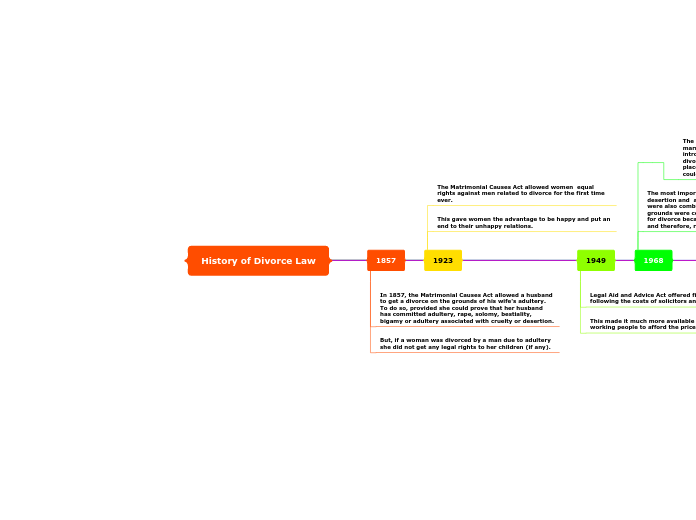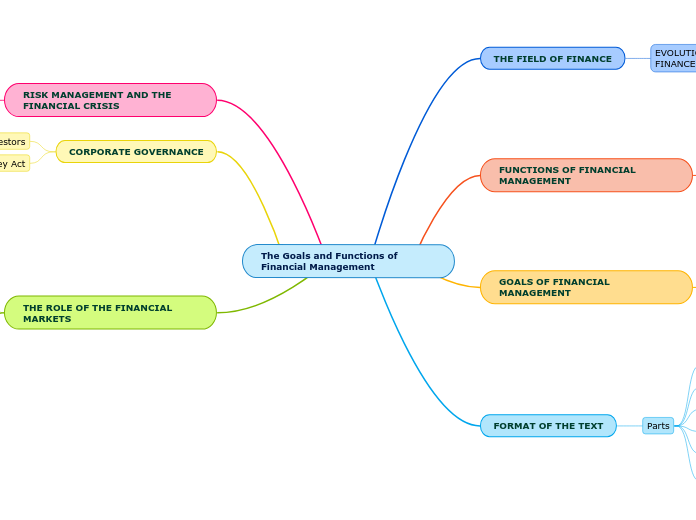da Marina Young mancano 3 anni
143
History of Divorce Law
Changes in divorce law over the years reflect evolving societal norms and legal priorities. In 1857, the Matrimonial Causes Act permitted husbands to divorce based on a wife's adultery, often leaving women without rights to their children.









